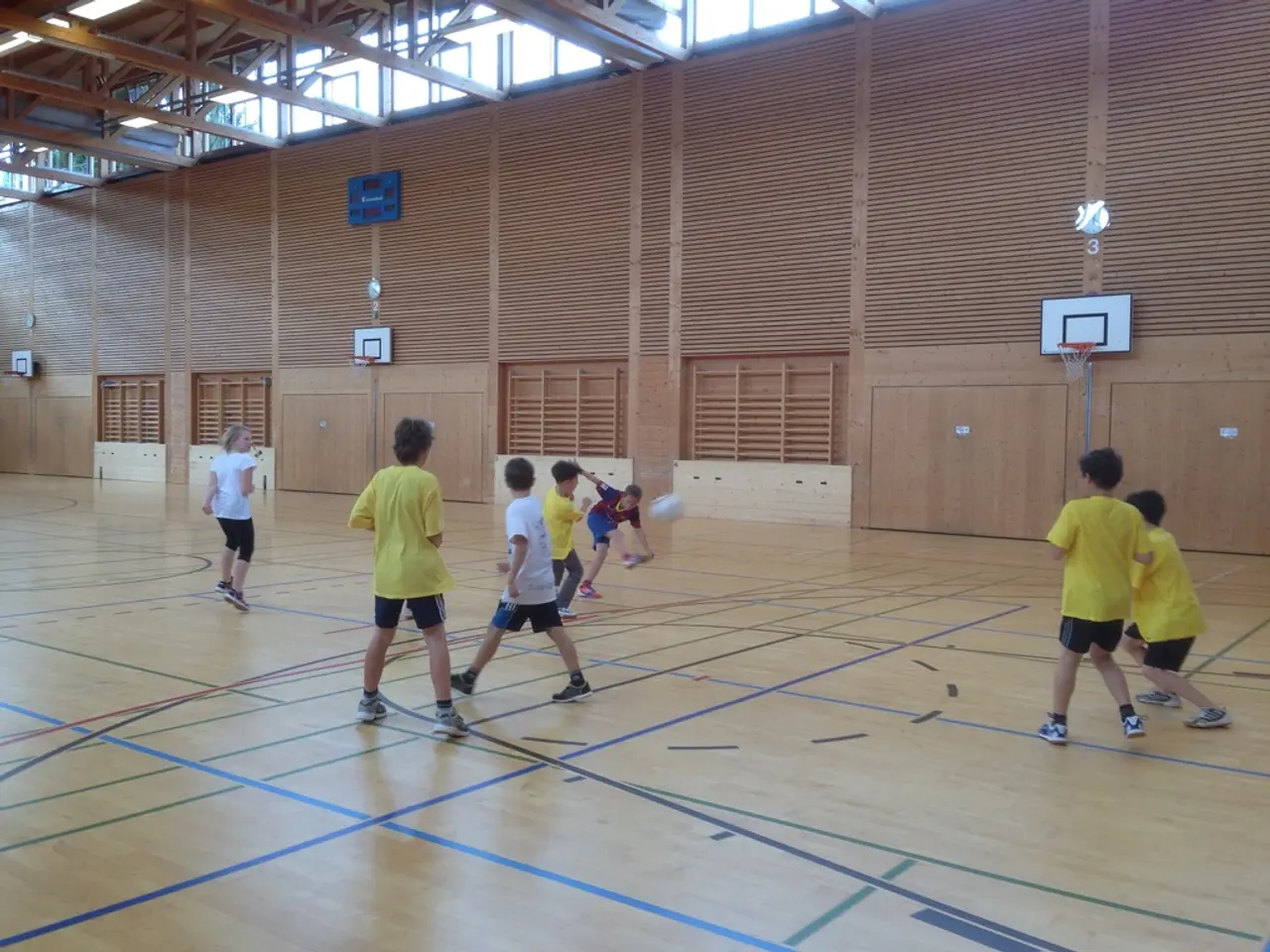Fifty Innovative Activities for Team Bonding among Scholars
In an era where leadership, teamwork, and problem-solving skills are increasingly valued, educators are turning to creative and engaging activities to help students develop these crucial competencies. Here are some effective team-building activities that foster leadership, personal growth, and problem-solving skills in students.
## Leadership Activities
1. Debate Tournaments: Structured debates help students develop reasoning, communication, and quick thinking skills. They encourage participants to understand diverse viewpoints, promoting respect and empathy, which are essential for leadership. 2. Group Projects: Assigning group projects allows students to practice leadership by managing tasks, setting deadlines, and ensuring collaboration. This activity can be adapted to both academic and extracurricular topics. 3. Peer Mentoring: Older students guide younger peers, fostering a sense of responsibility and collaboration. Mentors share knowledge, provide support, and lead by example.
## Problem-Solving Activities
1. Escape Rooms: These activities challenge teams to solve puzzles and escape within a time limit, promoting critical thinking, communication, and collaboration. 2. Scavenger Hunts: Similar to escape rooms, scavenger hunts require teams to work together to find clues and complete challenges, enhancing problem-solving skills. 3. The Amazing Race: Based on the popular TV show, this activity involves navigating challenges and completing tasks that require teamwork and quick thinking.
## Community Building and Teamwork Activities
1. Trust Fall: This classic activity builds trust and communication skills as participants learn to rely on their teammates to catch them. 2. Conjoined Relay: Players are tied together and must work as a unit to dig out objects from a sandpit and relay them to a basket, promoting coordination and teamwork. 3. Straw Challenge: Students balance straws between their fingers, requiring coordination and teamwork to achieve the goal.
## Personal Growth Activities
1. Public Speaking or Debates: These events help students build confidence and develop persuasive communication skills by preparing and presenting their thoughts in front of an audience. 2. Common Ground Game: This activity encourages students to find commonalities among themselves, fostering a sense of community. 3. Sneak Peek: This problem-solving game enhances communication and teamwork as students work together to recreate a structure based on brief observations.
These activities are designed to develop a range of skills crucial for leadership, personal growth, and problem-solving in students. Effective leaders rely on clear communication, trust, and strategic planning. They foster environments where critical thinking thrives and inspire innovation and mutual effort. These activities promote empathy, understanding, and creativity, encouraging students to work together to overcome challenges and achieve remarkable outcomes.
1.Participants in debate tournaments not only enhance their critical thinking and eloquence but also learn to comprehend various perspectives, essential for demonstrating emotional intelligence in leadership roles.2. By organizing workshops focusing on education and self-development that encompass these team-building activities, educators instill in students the value of personal growth, adaptability, and collaboration.3. Facilitating group discussions and brainstorming sessions to solve complex problems fosters the development of creativity and flexibility within teams, important for cultivating future leaders.4. As students collaborate on group projects and work together in escape rooms, they learn the importance of emotional intelligence, adaptability, and problem-solving skills to navigate challenges effectively.5. By incorporating learning experiences that emphasize teamwork, educators empower students to engage in professional settings with confidence and collaboration, paving the way for their success and personal growth.6. By engaging in these activities, students develop a profound understanding of their strengths and weaknesses, promoting continuous learning and growth, both personally and professionally.




